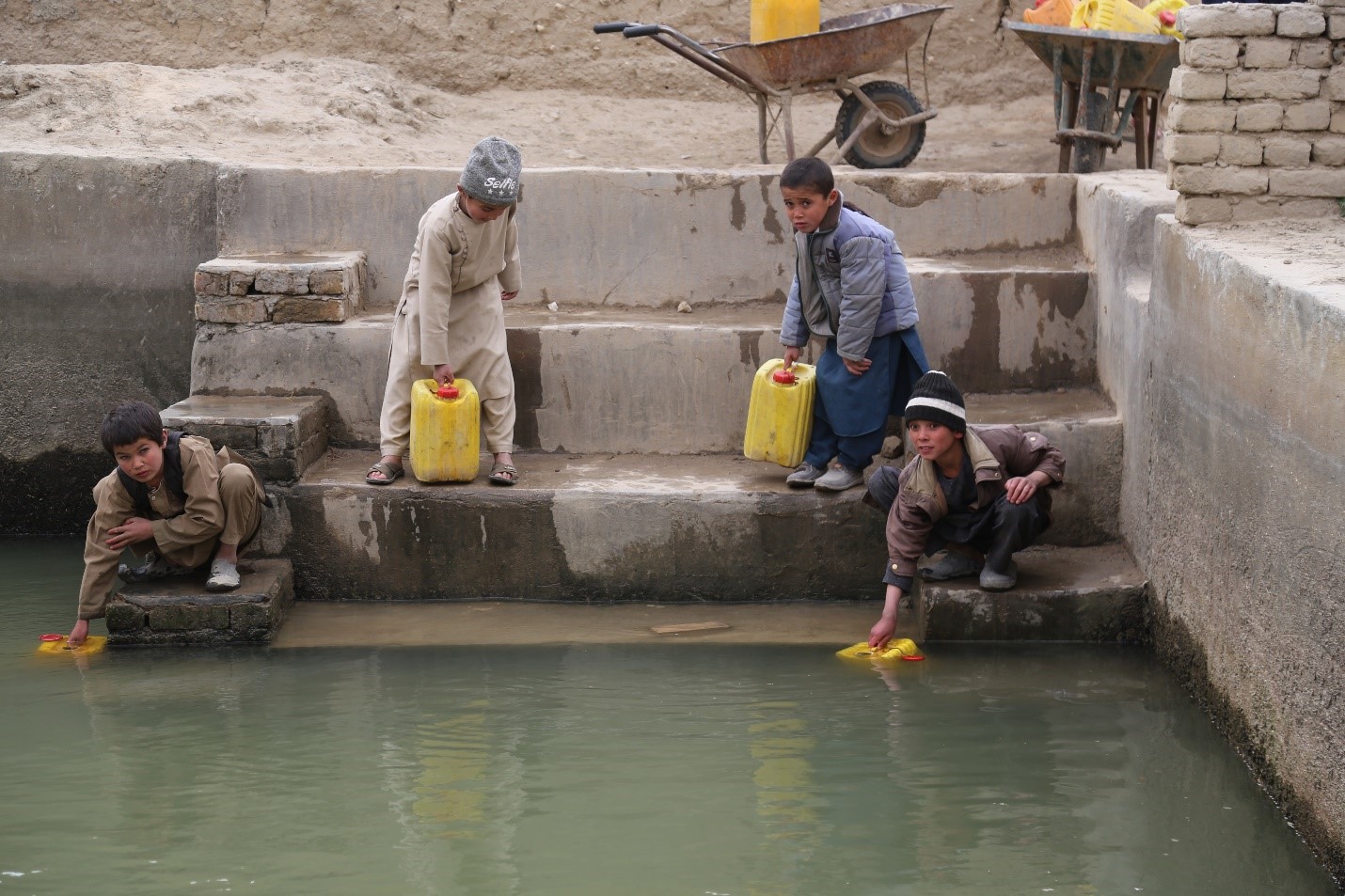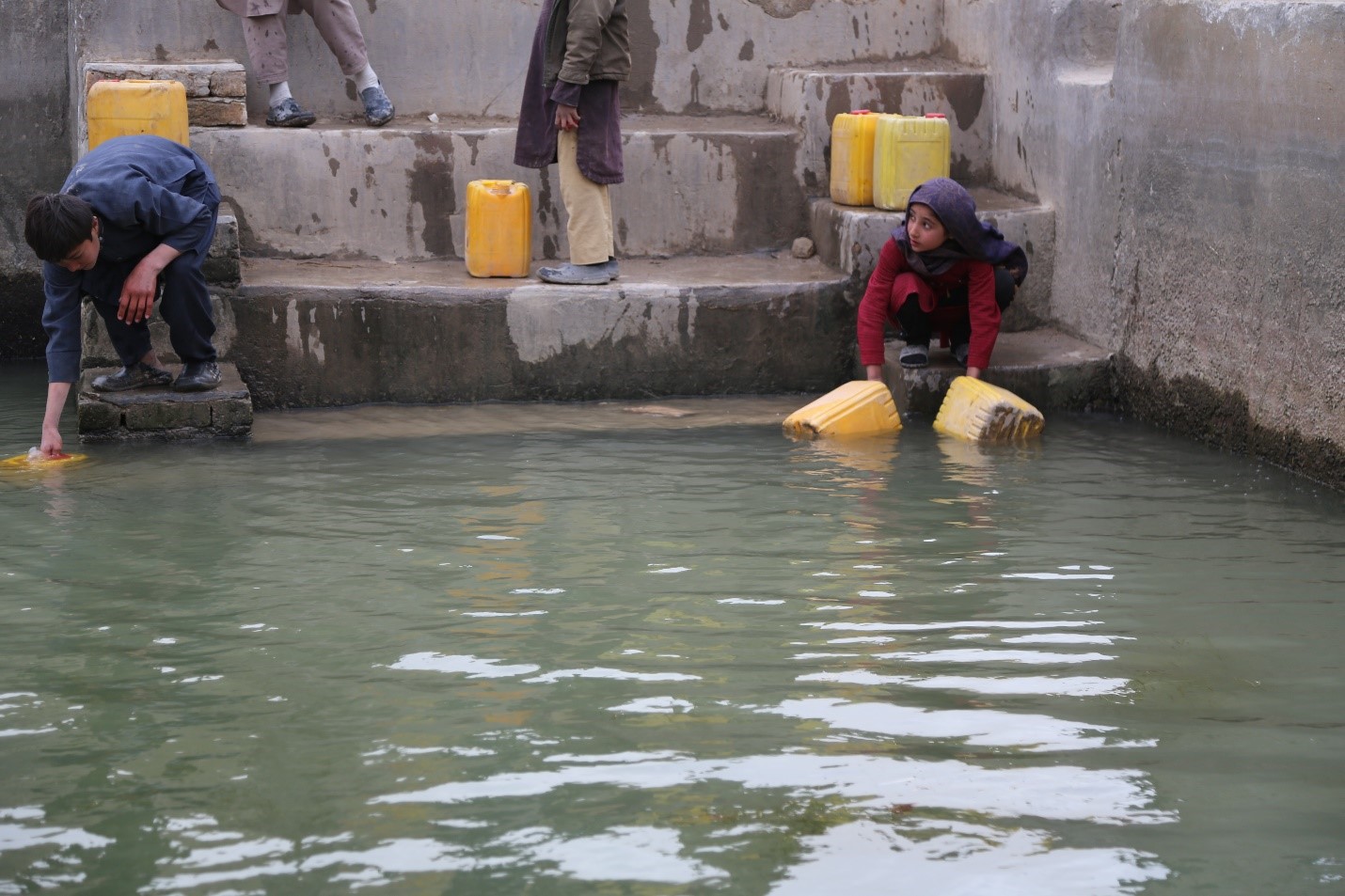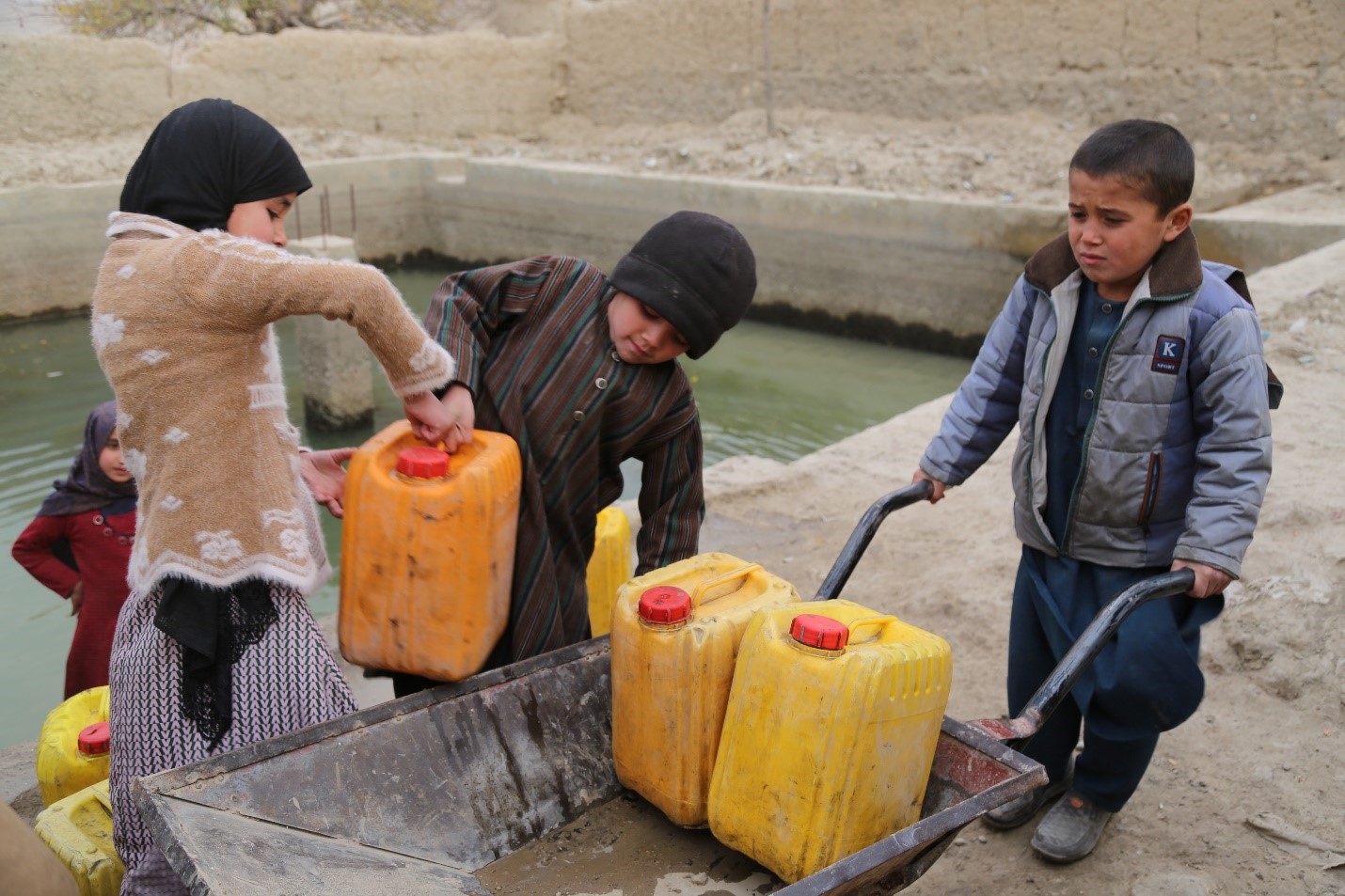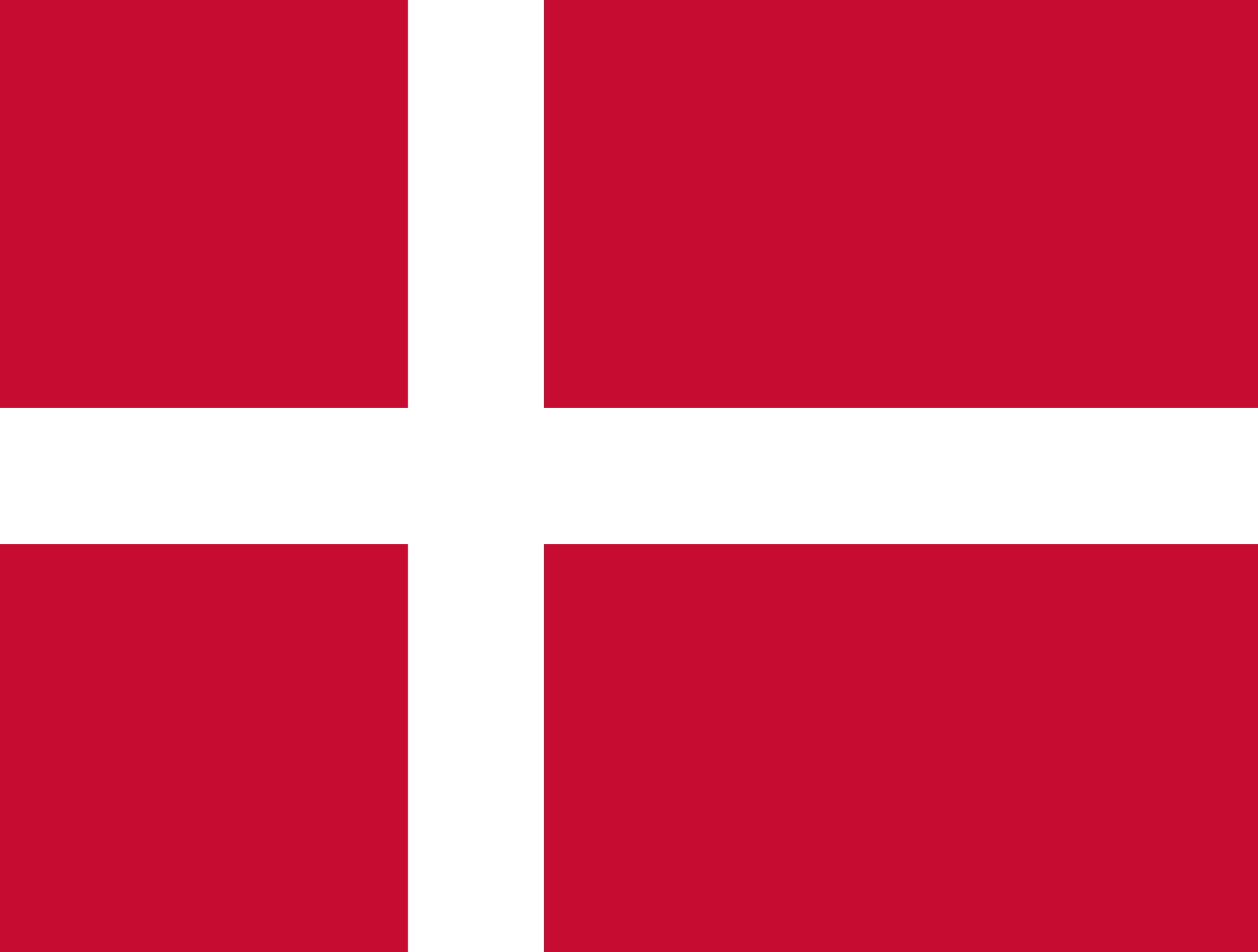Raaz Mohammad: Indeed, even One Drop of Safe Water is Significantly More to Us
The remote village of Qaratana is located in the Almar district of Faryab province of Afghanistan. The majority of people work in agriculture and are reliant on it, women and adolescent girls are housewives. The girls attend school only until the sixth grade, and subsequently, they join and assist the older women in the family with daily household chores. The young boys of this desert region illegally enter Iran to work in various industries such as construction, drilling, agriculture, etc. for inadequate earnings of approximately thirty thousand Afghani per year, owing to the high rate of unemployment in Afghanistan.

Ahmad Khalid and other children Fetching drinking water from the rain-fed local dam
The mentioned area has extremely difficult and hard living conditions. Melons and wheat are only grown for one season each year, yielding just ten to fifteen thousand Afghani from a single Jareeb (2,000 square meters). They have been utilizing the stream and pond water for everyday needs because they do not have access to safe drinking water, which has had a detrimental effect on their health. Children and elderly people are afflicted with different illnesses, such as headaches, diarrhea, etc.

Residents of Qaratana fetching drinking water from the rain-fed local dam
Raaz Mohammad is 58 years old, and he farms to support the living of 16 members of his family. He said, "Every year, for a few months in the spring, we irrigate our agricultural lands with the melting winter water—which is insufficient for successful agricultural activities throughout the year—when snow and ice melt and produce runoff. To get drinking water, women travel to Akhond Baba, another community.
A WASH project is being carried out in the aforementioned village by DACAAR. The project will be finished on May 11, 2024, having begun on May 12, 2023. The project is funded by the Kingdom of Saudi Arabia's, King Salman Humanitarian Aid and Relief Centre @KSRelief, through the Afghanistan Humanitarian Trust Fund #AHTF, facilitated by The Islamic Development Bank @isdb group, and The Organization of Islamic Cooperation @OIC_OCI.
DACAAR will build water supply networks for 3762 beneficiaries (588 families) as part of the project's implementation. The targeted families will also get hygiene kits and three rounds of training on sanitation and hygiene.
The inhabitants are eagerly anticipating the project's conclusion. "We are really satisfied with this project; this will be enough for us to find even a drop of safe drinking water," Raaz Mohammad stated. We won't have any illnesses or problems related to water.
The inhabitants were happy with the project, but they also anticipated that DACAAR would launch further life-saving projects, such as constructing a micro/small dam to irrigate their agricultural fields and launching businesses focused on tailoring and poultry.

Stayesh, Ahmad Fareed, and Ahmad Khalid. Grandchildren of Raaz Mohammad
Written by: Israrullah Sahil
 Danish
Danish